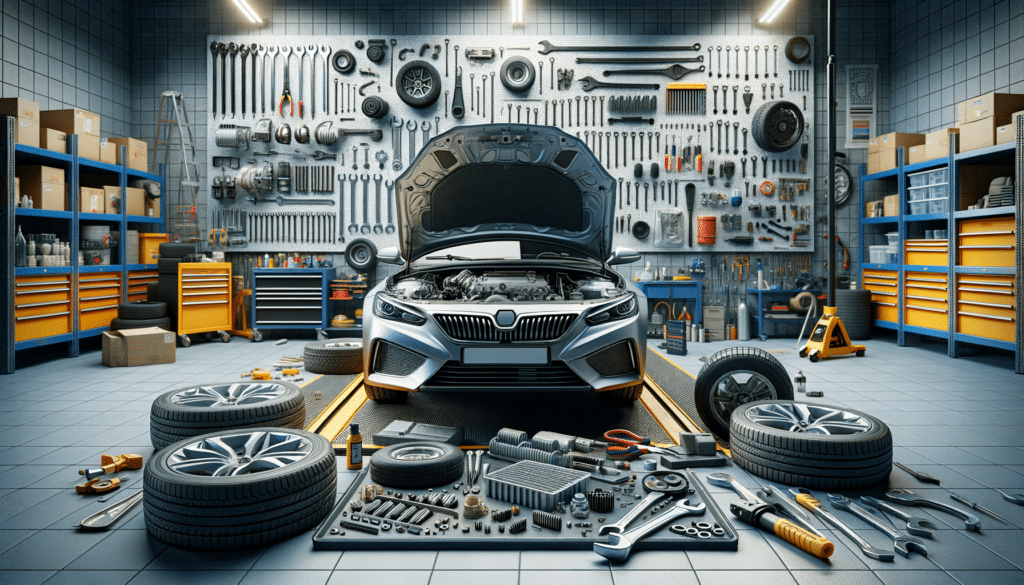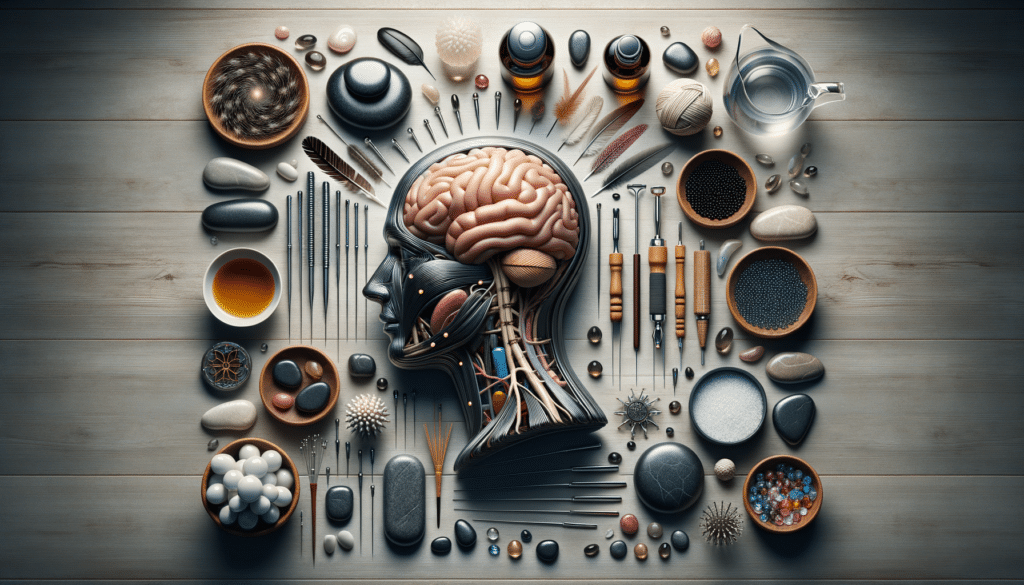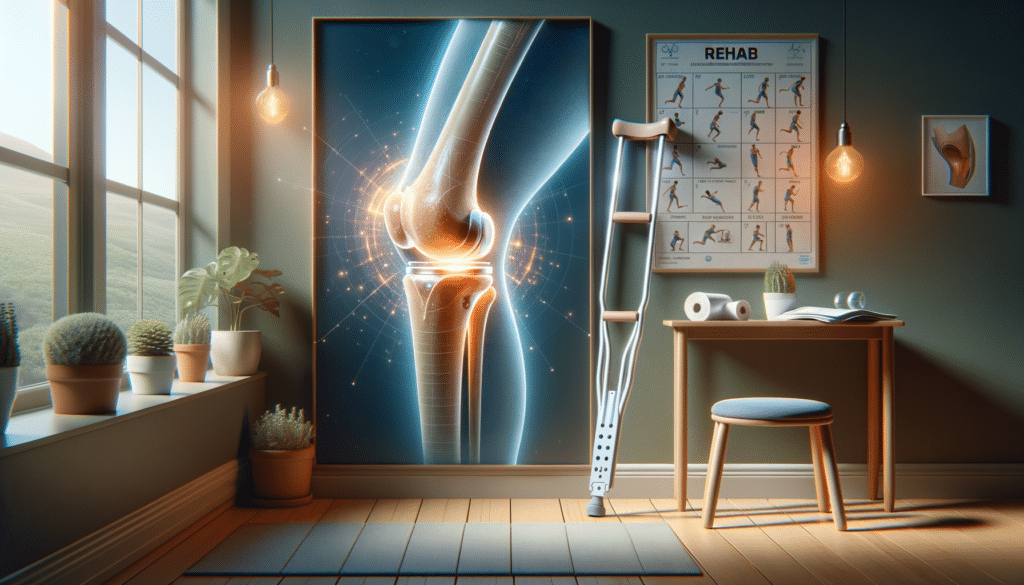The Importance of Regular Car Maintenance
Regular car maintenance is crucial for ensuring the safety, efficiency, and longevity of your vehicle. Just like any other machine, a car requires routine check-ups and care to function optimally. Neglecting regular maintenance can lead to unexpected breakdowns, costly repairs, and even compromise your safety on the road. By adhering to a maintenance schedule, you can identify potential issues before they become severe, saving time and money in the long run.
Regular maintenance involves several key tasks:
- Oil Changes: Essential for keeping the engine lubricated and running smoothly.
- Tire Rotations: Help in extending the lifespan of tires and ensuring even wear.
- Brake Inspections: Critical for safety, ensuring that your vehicle can stop effectively.
- Fluid Checks: Ensures all necessary fluids are at optimal levels for proper vehicle function.
By understanding and implementing these routine tasks, car owners can enjoy a smoother driving experience and reduce the risk of major repairs.
Common Car Repairs and How to Address Them
Even with regular maintenance, cars can experience issues that require repair. Some common car repairs include brake replacements, battery changes, and alternator repairs. Understanding these common problems can help you address them promptly and efficiently.
Brake replacements are among the most frequent repairs. Over time, brake pads wear down and need replacing to maintain effective stopping power. Signs that your brakes may need attention include squealing noises, a soft brake pedal, or longer stopping distances.
Batteries also have a finite lifespan, typically lasting 3-5 years. A failing battery can result in difficulty starting the car or complete power loss. Regularly checking the battery’s condition can prevent sudden failures.
Alternator issues can cause electrical failures in your vehicle. Symptoms include dimming lights, a dead battery, or strange noises under the hood. Addressing alternator problems promptly can prevent further electrical system damage.
The Role of Professional Mechanics
While many car owners might attempt minor repairs themselves, the role of professional mechanics is indispensable for more complex issues. Mechanics possess the expertise, tools, and experience needed to diagnose and fix a wide range of automotive problems.
Professional mechanics can provide:
- Accurate Diagnostics: Utilizing advanced tools to identify the root cause of issues.
- Comprehensive Repairs: Ensuring all aspects of a problem are addressed.
- Expert Advice: Offering guidance on maintenance and potential future issues.
Relying on professional mechanics not only ensures quality repairs but also provides peace of mind knowing your vehicle is in capable hands.
DIY Car Repair: When and How to Do It
For those who enjoy hands-on work, certain car repairs can be done at home. DIY car repair can be rewarding and cost-effective, provided you have the right tools and knowledge. However, it’s essential to know your limits and when to seek professional help.
Some repairs suitable for DIY enthusiasts include changing air filters, replacing windshield wipers, and performing oil changes. These tasks require basic tools and can be completed with minimal risk.
It’s crucial to follow safety guidelines and use proper equipment when attempting DIY repairs. Always refer to your vehicle’s manual and online resources for guidance. If a repair seems beyond your skill level, it’s best to consult a professional to avoid causing further damage.
Future Trends in Automotive Repair
The automotive repair industry is continuously evolving, with new technologies shaping how repairs are conducted. Electric vehicles (EVs) and advanced diagnostic tools are changing the landscape, requiring mechanics to adapt and learn new skills.
As EVs become more prevalent, mechanics must understand battery technologies and electric drivetrains. This shift presents both challenges and opportunities for the industry, as traditional repair methods may not apply to newer vehicles.
Advanced diagnostic tools are also becoming more sophisticated, allowing for quicker and more accurate problem identification. These tools can streamline the repair process, reducing downtime and improving customer satisfaction.
The future of automotive repair promises exciting developments, with technology playing a central role in enhancing vehicle care and maintenance.





